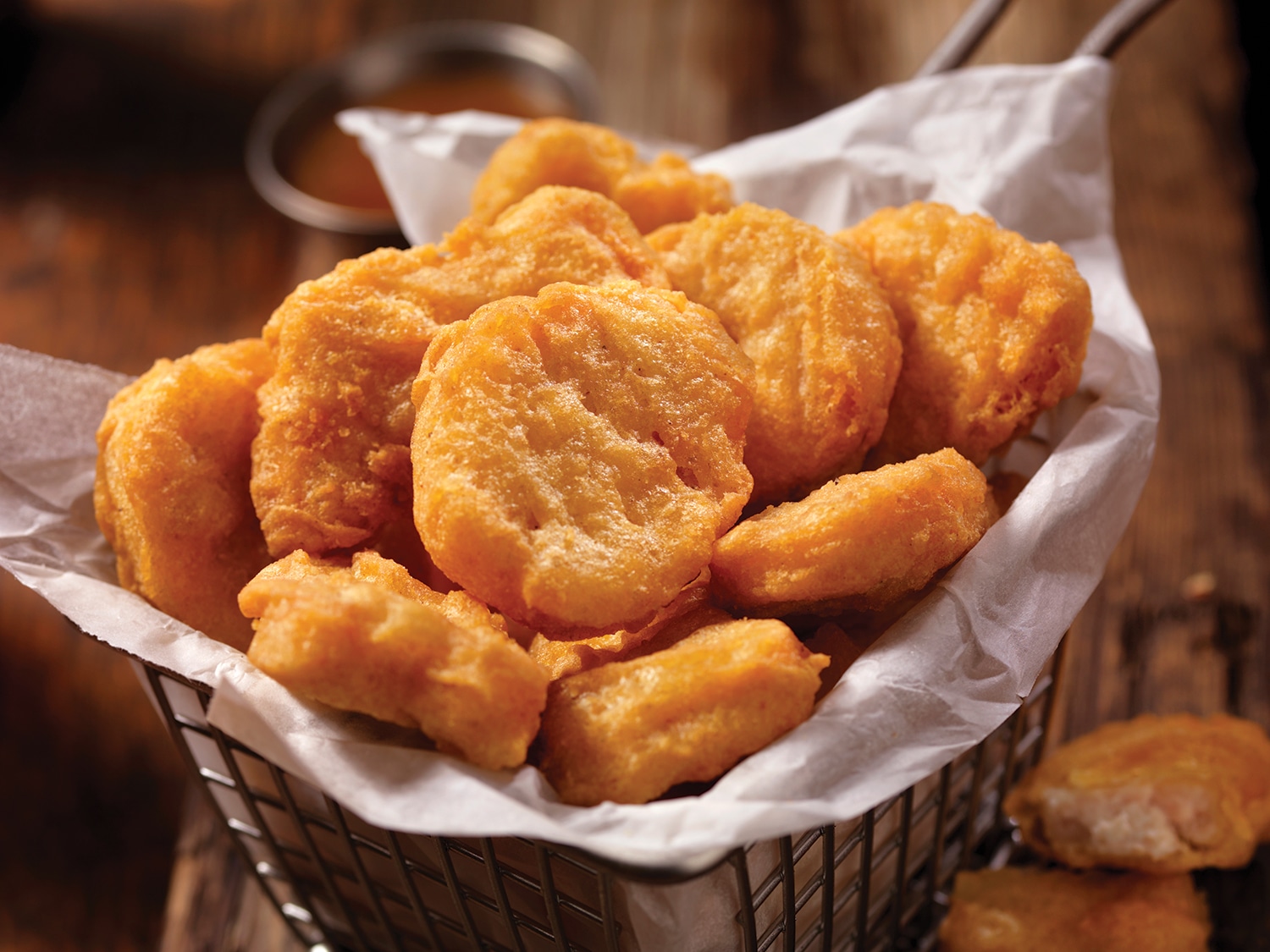ULTRAPROCESSED FOODS HAVE BEEN LINKED TO health problems, including obesity and hypertension. Now a large observational study launched in France and published online in the BMJ on Feb. 14, 2018, suggests that people who consume more of the most heavily processed foods like packaged snacks, chocolate bars, sodas and chicken nuggets may be at a greater risk of developing cancer.
The data came from nearly 105,000 adults enrolled in the ongoing NutriNet-Santé nutrition survey. Participants complete questionnaires that cover their level of education, smoking habits, exercise routine and health status. They are also invited to report everything they eat and drink over three 24-hour periods at six-month intervals. The BMJ study included data from all participants who completed at least two dietary records during their first two years of follow-up and were cancer-free upon enrolling in the NutriNet-Santé cohort.
The food and drink from those records were categorized in four groups, ranging from “unprocessed or minimally processed foods” to “ultraprocessed foods.” The study found an association between ultraprocessed food intake and an increased risk for breast cancer and overall cancer, but not prostate or colorectal cancer. Those findings didn’t appear to be related to the overall nutritional quality of a person’s diet, including intake of fat, carbohydrates or salt.
While acknowledging that it addresses an important question, Martin Lajous, an epidemiologist at the National Institute of Public Health in Mexico City, notes the study’s limitations. People who eat more ultraprocessed foods may have other unhealthy habits that aren’t easily identifiable, and it can be hard to determine how the foods are affecting a person’s health. “Is it the macronutrients in the foods?” asks Lajous, referring to proteins, fats and carbohydrates. “Or is it the way foods are processed? Or is it contaminants in the packaging?”
Cancer Today magazine is free to cancer patients, survivors and caregivers who live in the U.S. Subscribe here to receive four issues per year.





